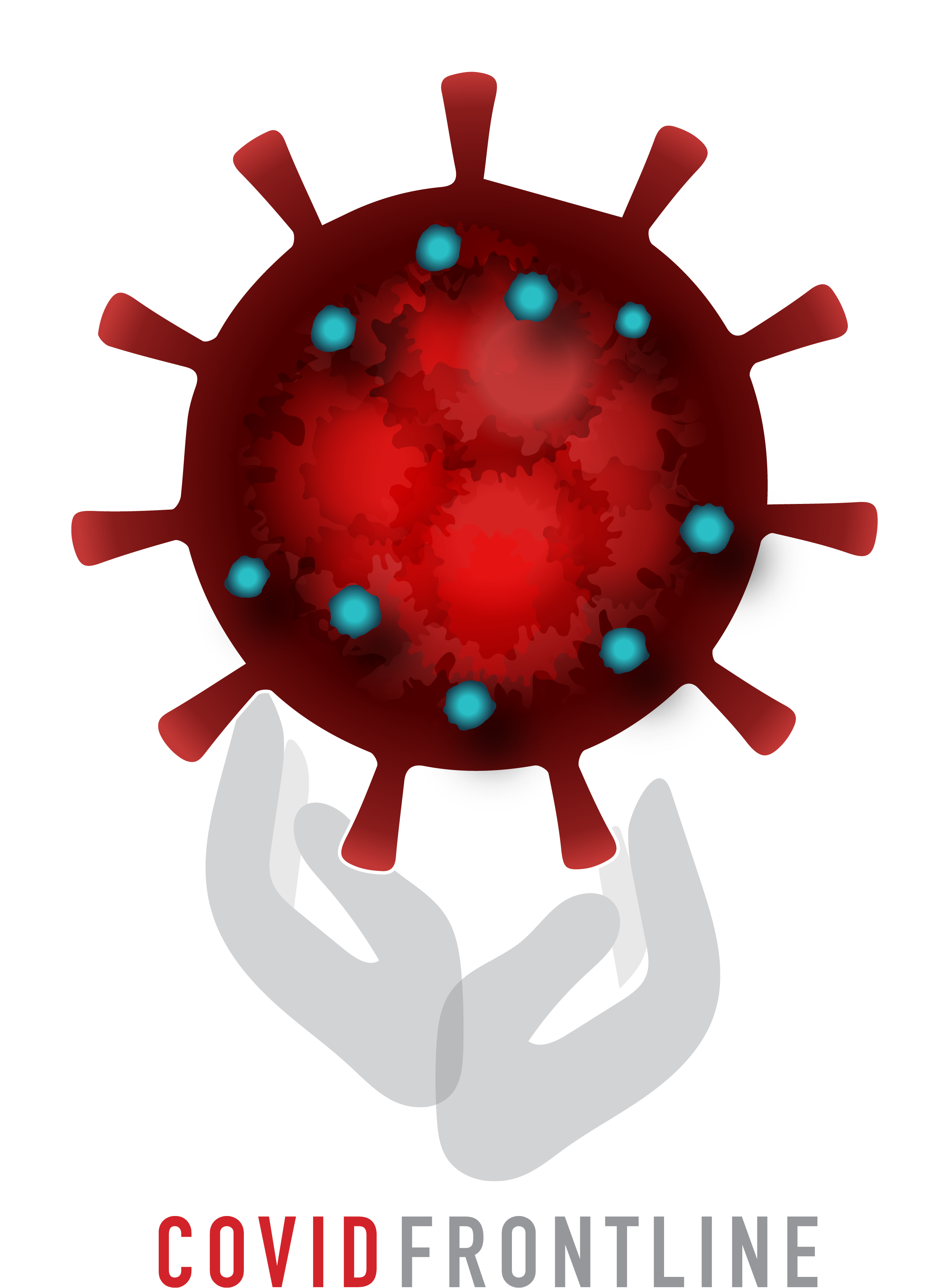Updates in the Treatment and Prevention of COVID-19
FDA Authorizes Lower Dose of Intravenous and Subcutaneous Dose of Casirivimab and Imdevimab Antibody Cocktail
The Food and Drug Administration authorized lower-dose (1200 mg) casirivimab and imdevimab monoclonal-antibody infusion therapy for nonhospitalized people with COVID-19 who have risk factors for disease progression. The Emergency Use Authorization (EUA) is supported by data from a phase 3 trial showing a consistent 70% reduced risk of hospitalization or death with either the lower dose or the higher dose (2400 mg) originally authorized. Subcutaneous administration of casirivimab and imdevimab was granted EUA based on scientific evidence to date regarding its safety and efficacy. Infusion-related reactions of grade 2 or higher have been observed in 0.2% of people who have received IV therapy; 12% of those treated subcutaneously have experienced injection-site reactions.
This antibody combination has shown efficacy in vitro against variants of concern identified in the United States with origins from Brazil (P.1/Gamma) and South Africa (B.1.351/Beta).
In May 2021, the definition of eligible patients for outpatient COVID-19 monoclonal antibody therapies was expanded to include more medical conditions and other factors, such as race or ethnicity, that increase the risk for severe disease.
Subcutaneous Administration of Casirivimab and Imdevimab Reduced the Risk of Symptomatic COVID-19 by 81% Among Household Contacts
Top-line results from a phase 3 trial showed that the combination of casirivimab and imdevimab reduced the risk of symptomatic infections by 81% among household contacts of SARS-CoV-2 infected individuals. The trial enrolled 1,505 individuals who did not have COVID-19 symptoms or anti-SARS-CoV-2 antibodies, but who lived in the same household as an individual who tested positive for SARS-CoV-2 within the prior 4 days. A single subcutaneous injection of casirivimab and imdevimab provided rapid protection to those with exposure to SARS-CoV-2 at home, with protection against symptomatic infections ranging from 72% in the first week to 93% in subsequent weeks. Individuals who developed symptomatic infections despite casirivimab and imdevimab therapy had a shorter duration of symptoms compared with those who received placebo (1 week vs 3 weeks, respectively). Infected individuals who received therapy also cleared the virus faster. Adverse events (AEs) occurred in 20% of patients receiving casirivimab and imdevimab and 29% of patients receiving placebo. Injection site reactions, all of which were grades 1-2, occurred in 4% of patients in the treatment group and 2% of placebo participants.
Casirivimab and Imdevimab Significantly Reduced Progression to Symptomatic COVID-19 in Recently Infected Asymptomatic Patients
In a phase 3 trial of 204 recently infected asymptomatic COVID-19 patients, subcutaneous administration of casirivimab and imdevimab reduced the overall risk of progressing to symptomatic COVID-19 by 31%, and by 76% after the third day. In addition to reducing the risk of symptomatic infections, the top-line results report that the combination of casirivimab and imdevimab shortened the total number of weeks patients experienced symptoms by 45% and reduced the viral burden by more than 90%. No patients withdrew from the trial due to AEs in either group. Casirivimab and imdevimab are investigational drugs with emergency use authorization for the treatment of individuals with mild-to-moderate COVID-19 who are at high-risk of progressing to severe COVID-19 or hospitalization. Casirivimab and imdevimab (REGEN-COV™) continues to be evaluated in clinical trials in multiple settings for COVID-19, including the open-label RECOVERY trial of hospitalized patients in the UK.
Johnson & Johnson COVID-19 Vaccine Administration Paused
The Centers for Disease Control and Prevention (CDC) and the Federal Drug Administration (FDA) are recommending a pause in the use of the Ad26.COV2.S vaccine developed by Johnson & Johnson (Janssen) as they review data involving 6 reported cases of a rare and severe type of blood clot in individuals after vaccination. The vaccine has been administered to more than 6.8 million individuals in the US. In all 6 reported cases, a type of blood clot called cerebral venous sinus thrombosis (CVST) occurred in combination with low platelet levels (thrombocytopenia). Treatment of CVST differs from other blood clots and administration of heparin may be dangerous in these patients. All 6 cases occurred among women aged 18 to 48 years and symptoms usually occurred 6 to 13 days after vaccination. People who develop severe headache, abdominal pain, leg pain, or shortness of breath within 3 weeks after vaccination should contact their healthcare provider.
References:
Regeneron Press Release. FDA Authorizes Lower 1,200 mg Intravenous and Subcutaneous Dose of REGEN-COV™ (Casirivimab and Imdevimab). Antibody Cocktail to Treat Patients with COVID-19. Available at: https://prnewswire.com/news-releases/fda-authorizes-lower-1-200-mg-intravenous-and-subcutaneous-dose-of-regen-cov-casirivimab-and-imdevimab-antibody-cocktail-to-treat-patients-with-covid-19–301305941
Regeneron Press Release. Phase 3 Prevention Trial Showed 81% Reduced Risk of Symptomatic SARS-CoV-2 Infections with Subcutaneous Administration of REGEN-COV™ (Casirivimab and Imdevimab). April 12, 2021. Available at: https://investor.regeneron.com/news-releases/news-release-details/phase-3-prevention-trial-showed-81-reduced-risk-symptomatic-sars
Regeneron Press Release. Phase 3 Treatment Trial in Recently Infected Asymptomatic Patients Showed REGEN-COV™ (Casirivimab and Imdevimab) Significantly Reduced Progression to Symptomatic COVID-19. April 12, 2021. Available at: https://investor.regeneron.com/news-releases/news-release-details/phase-3-treatment-trial-recently-infected-asymptomatic-patients
FDA Statement. Joint CDC and FDA Statement on Johnson & Johnson COVID-19 Vaccine. April 13, 2021. Available at: https://www.fda.gov/news-events/press-announcements/joint-cdc-and-fda-statement-johnson-johnson-covid-19-vaccine

